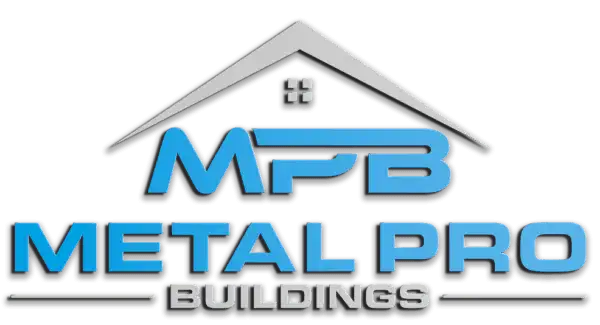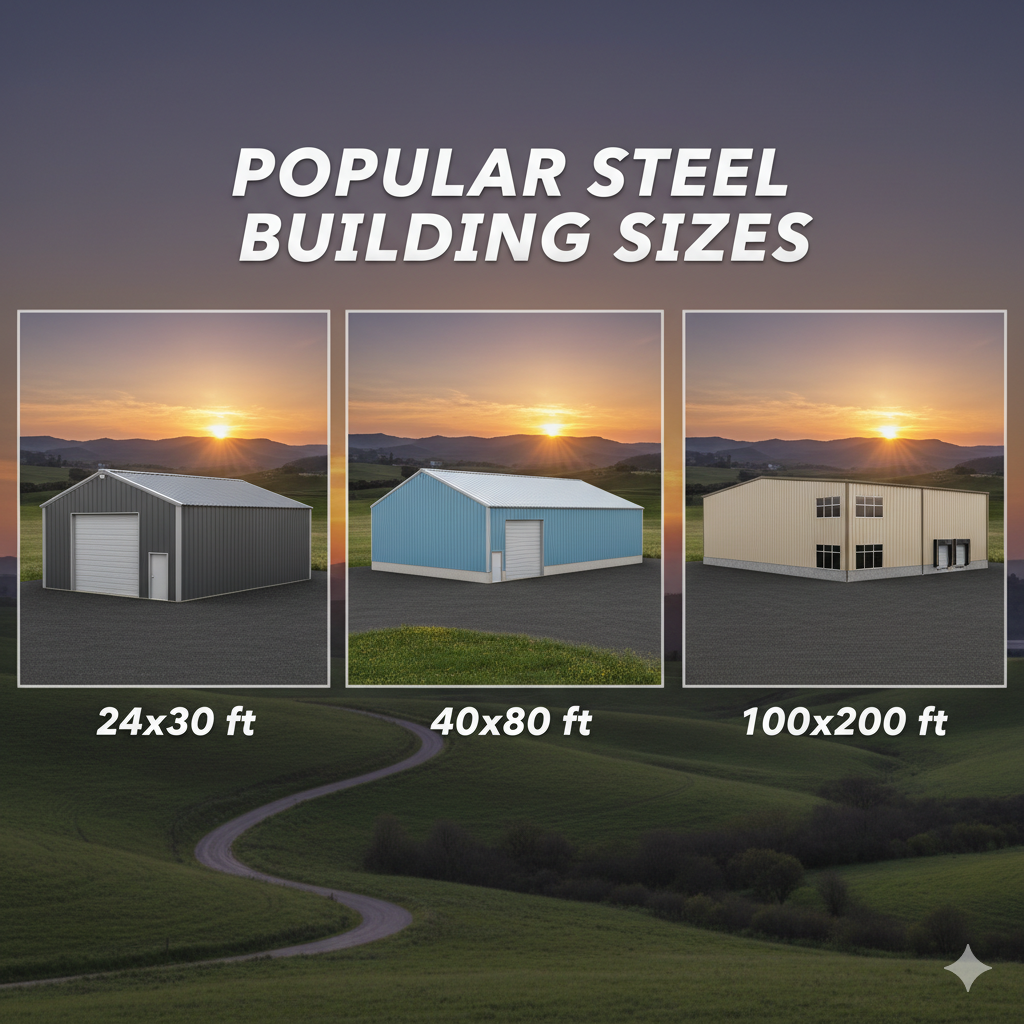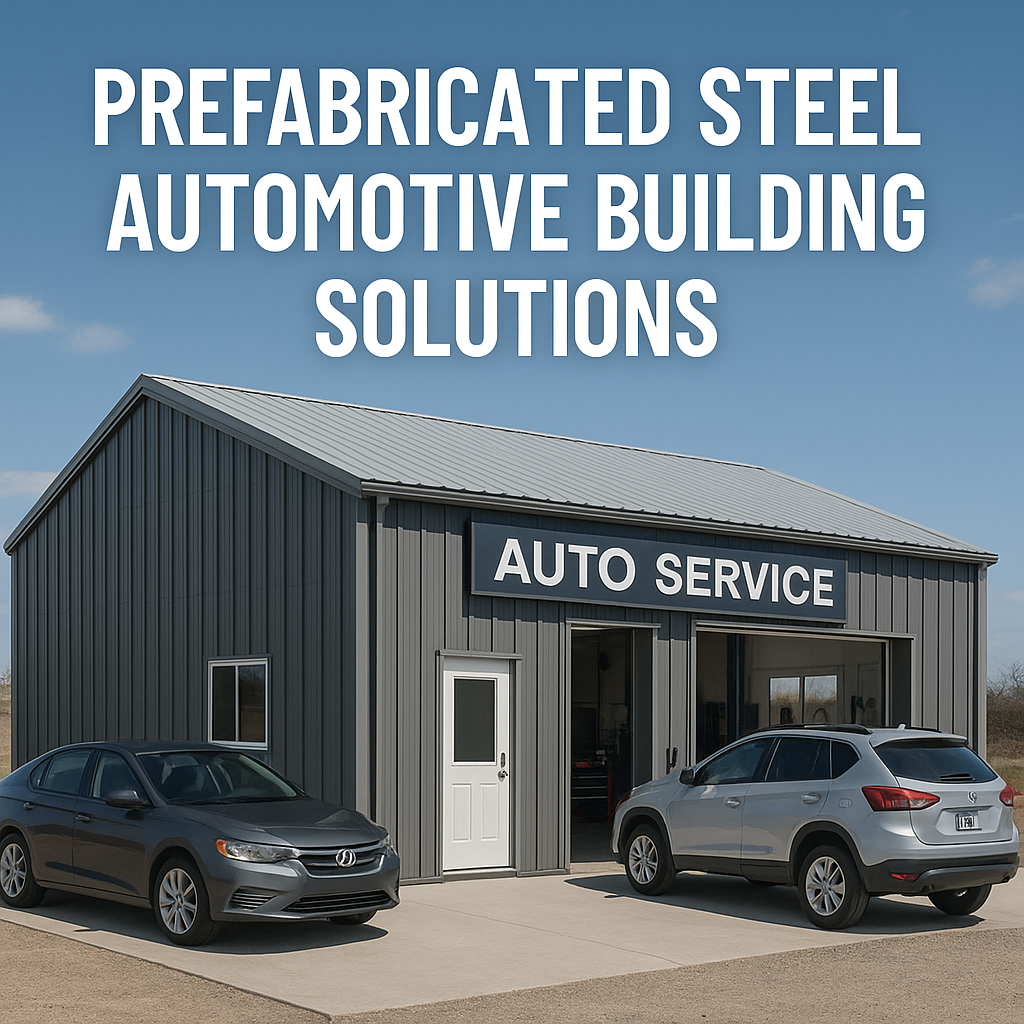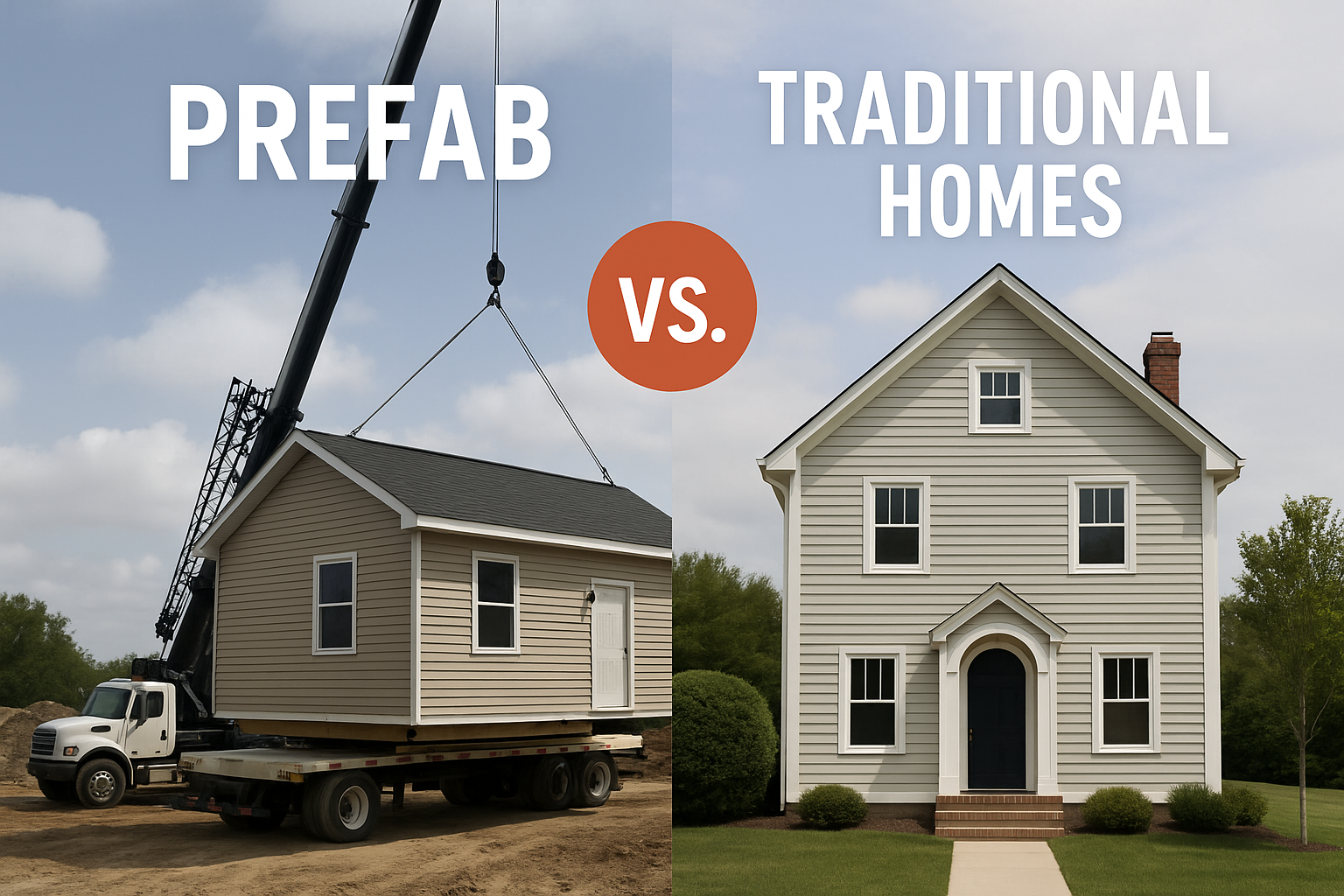Ever walked into your backyard and felt overwhelmed by the mess? Garden tools leaning against the fence, bags of compost getting soaked in the rain, and bikes parked wherever there’s space. It’s not that you don’t have enough room, it’s that your outdoor space lacks structure.
That’s when the idea hits: you need a shed.
But choosing the right one isn’t as simple as it sounds. Wood looks great but needs upkeep. Plastic is lightweight but can feel flimsy. And then there’s metal durable, affordable, and often overlooked.
So, are metal garden sheds actually a good idea?
This article will walk you through everything you need to know. We’ll explore the real benefits and drawbacks of metal sheds, compare them to other materials, and help you figure out if they’re the right choice for your backyard. If you’re tired of outdoor clutter and want a solution that lasts, you’re in the right place.
What Is a Metal Garden Shed, Really?
A metal garden shed is an outdoor storage structure made primarily from steel or aluminum panels, framed with galvanized supports, and coated with protective finishes to withstand the elements. Unlike wood or plastic sheds, metal sheds are known for their strength, weather resistance, and low maintenance.
They’re typically used to store tools, lawnmowers, bicycles, and seasonal gear, anything you want to keep safe and dry but out of the house. Some homeowners even use them as simple workshops or potting stations.
So why do people consider metal over other types?
For starters, metal sheds are often the most budget-friendly option, especially when compared to custom wood structures. They also last for years with minimal upkeep, no repainting, no warping, no worry about termites. Thanks to advancements in coatings like polyester paint or PVC layers, many modern models are now rust-resistant and far more durable than older designs.
Still, they’re not just about function. Today’s metal sheds come in sleek, modular styles with neutral tones, making them blend in better with contemporary gardens than you might expect.
In short, a metal shed is a practical, durable, and cost-effective solution for anyone needing simple, secure outdoor storage without the fuss.
The Clear Benefits of Metal Sheds
Metal garden sheds offer several compelling advantages that make them a smart choice for many homeowners. Here’s why:
Durable & Weather‑Resistant
Metal sheds are built with steel or aluminum and often coated with galvanization or polyester, which protects against rot, insects, fire, and general wear. They can last 10–25+ years with proper care .
Low Maintenance Required
Say goodbye to sanding, staining, or treating for termites. Most maintenance involves a simple rinse and occasional rust check. These require far less upkeep than wood.
Cost‑Effective Storage Solution
Steel is cheaper than timber, and metal sheds often cost less to buy and build. With lower material and assembly costs, they offer excellent value .
Resistant to Pests and Fire
Metal doesn’t attract termites or carpenter ants, and steel is naturally non-combustible offering extra peace of mind, especially if storing flammable items .
Secure & Low–Upkeep Protection
Many models offer solid lockable doors and sturdy frames. They resist break-ins easier than plastic and avoid weather-related damage better than untreated wood .
Summary of Benefits
| Benefit | Why It Matters |
|---|---|
| Durable & weatherproof | Withstands rain, pests, fire lasts longer |
| Maintenance-free | No painting, no rot, no insect checks |
| Budget-friendly | Lower initial cost, quick installation |
| Pest & fire resistant | Safe from termites, fire, and vermin |
| Secure storage | Tough structure with optional locks |
Common Concerns About Metal Sheds And How to Solve Them
Metal garden sheds are strong and budget-friendly, but like any option, they come with a few quirks. The good news? Most of these concerns can be solved with simple upgrades or smart planning. Let’s walk through the common issues and how to fix them.
Hot in Summer, Cold in Winter?
Yes, metal absorbs heat and loses it fast. That can make your shed too hot in summer and chilly in winter.
Solution: Add thermal insulation panels or bubble wrap foil insulation to the walls and roof. Consider vents or a solar-powered fan for airflow. If you’re storing temperature-sensitive items, this step is a must.
Worried About Rust or Corrosion?
If the outer coating is scratched or worn, rust can develop especially in damp climates or near the coast.
Solution: Choose a shed with galvanized steel or powder-coated panels. Place the shed on a raised concrete or gravel foundation to prevent pooling water. Touch up any scratches with rust-resistant paint.
Condensation Building Up Inside?
When warm air meets the cool metal, moisture can form inside. This can cause rust, mold, or mildew.
Solution: Use a moisture barrier under the base. Install roof vents or windows for ventilation. Silica gel packs or small dehumidifiers also help regulate humidity inside.
Loud Noise from Rain or Hail?
Rain on a metal roof can sound like a drum and hail is even louder.
Solution: Install foam or rubber underlayment beneath the roof panels to absorb sound. Insulation also reduces noise significantly. Bonus: this helps with temperature control too.
Thin Metal Gets Dented Easily?
Lightweight sheds with thin panels may bend under pressure or impact.
Solution: Go for mid- to heavy-gauge steel, especially if you live in an area with snowfall or falling branches. Some brands also offer reinforced walls or double-panel models.
Needs a Strong Foundation?
Metal sheds need a flat, secure base to stay level and safe especially in windy zones.
Solution: Lay a concrete slab, paver base, or compacted gravel pad. Anchor the shed properly using the kit or concrete bolts. It’s a one-time setup that protects your investment.
Final Thought
No shed is perfect but metal sheds are very adaptable. With just a few tweaks, you can overcome nearly every drawback and enjoy a shed that’s sturdy, low-maintenance, and built to last.
Metal vs. Wood vs. Plastic: Which One’s Right?
Not all sheds are created equal. Here’s a quick comparison of the three most common types so you can choose the best fit for your garden, needs, and budget.
| Feature | Metal Sheds | Wood Sheds | Plastic / Resin Sheds |
|---|---|---|---|
| Durability | Very high; resists rot, pests, fire | High, but vulnerable to rot, insects, and warping | Good, but may fade or crack over time |
| Maintenance | Low; occasional rust checks | High; needs painting/staining regularly | Very low; just wash occasionally |
| Weather Resistance | Strong handles wind, fire, pests; needs base and coating | Moderate; needs sealants to resist rot and insects | Good; durable but less impact-resistant |
| Thermal Comfort | Poor without insulation; can be hot/cold | Moderate; wood insulates naturally | Moderate; not insulated unless upgraded |
| Customization | Low; tough to modify | Very high; easy to paint, drill, and extend | Low to moderate; limited drilling capabilities |
| Aesthetics | Basic/industrial look, modern finishes available | Highly attractive; natural and rustic | Clean but can appear cheap over time |
| Price Range | Generally cheapest upfront; long-lasting | Usually most expensive; costs more to maintain | Middle-range; more affordable than wood |
Summary by Material
- Metal: Ideal for secure, low-maintenance storage. Best if you’re budget-conscious and practical. Needs insulation or coatings to handle heat, moisture, and aesthetics.
- Wood: The go-to for charm and customization. But it requires regular care and stands up to weather and pests only with proper maintenance.
- Plastic/Resin: Offers an easy-care, mid-range option. Great for basic storage, but might not handle heavy impact or extreme temperatures without additional features.
When Each Shed Works Best
- Choose metal if you want affordable, durable storage with minimal upkeep.
- Go for wood when you value appearance and customization and don’t mind the maintenance.
- A plastic/resin shed suits you if you want something low-maintenance that’s visually clean but budget-friendly.
When Metal Garden Sheds Make the Most Sense
Metal sheds aren’t ideal for every homeowner but for many, they’re the perfect choice. If any of these situations sound familiar, a metal shed might be just what you need:
You Want Tough, Budget-Friendly Storage
Metal sheds offer a long-lasting, affordable solution. They resist rot, pests, and fire giving you durable protection without breaking the bank. Many economy metal sheds deliver excellent value for money and can last decades when installed correctly .
You Need a Secure Place for Tools or Lawn Gear
If you’re storing expensive items like power tools or mowers, metal’s strong walls and lockable doors offer better security than wood or plastic .
Maintenance-Free Storage Is a Priority
Hate sanding, painting, and sealing? Metal sheds only need occasional cleaning and rust checks far less maintenance than wood
You’re in a Mild or Moderate Climate
Metal sheds perform best in environments without extreme weather where rust and thermal swings are manageable. With proper insulation and foundation, they handle most conditions well .
You Want a Quick, DIY-Friendly Upgrade
Many metal shed kits are flat-packed and easy to carry, making setup fast and doable for two people. Some even require minimal foundation work .
You Might Move Homes in the Future
Unlike permanent wooden structures, many metal sheds can be disassembled and relocated great if you’re planning to move or reconfigure your space .
You Don’t Need a Showcase Just Function
If your priority is practicality over appearance, metal sheds deliver. They won’t blend into a cottage garden but if you surround them with plants or choose contemporary colors, they can still fit nicely .
When You Might Want Something Else
Even the best tool isn’t right for every job. While metal sheds shine in many scenarios, there are times when a wood or plastic shed might serve you better.
You’re After That Natural, Cozy Look
Wood sheds offer warmth and style. They blend beautifully with landscapes, fences, and flower beds. Unlike metal, wood is easy to paint or stain to match your home’s style. If your garden design matters, wood is a strong contender.
You Want a Crafting Space or Home Office
Wood is easy to modify. You can add windows, cut-in shelving, and install electrical outlets without specialized tools. Metal requires heavy duty drills and careful planning
You Live in a Humid, Rainy, or Coastal Climate
Metal sheds can rust and attract moisture in damp areas. Resin (plastic) sheds resist corrosion and remain shape-stable even in tough weather . A plastic shed might be the better fit.
You Want Low Effort Over Time
Resin sheds are virtually maintenance-free. They won’t rust, rot, or need painting, and can last 15–20 years with almost no upkeep .
Verdict: Are Metal Garden Sheds a Good Idea?
After exploring the benefits, challenges, and comparisons, here’s the bottom line:
When a Metal Shed Is a Great Choice
Metal garden sheds shine when you want affordable, durable, and low‑maintenance storage. They resist pests, fire, and rot and with the right base and coatings, they can last for decades .
They’re a solid pick if you:
- Need a secure place for tools or lawn gear
- Prefer to install it yourself and possibly move it later
- Want a practical, fuss‑free storage solution
With added insulation, rust-resistant paint, and proper anchoring, many drawbacks like temperature swings or moisture become manageable
What to Do Next
Now that you’ve got the full picture, it’s time to choose the shed that best fits your space, goals, and climate.
If you’re looking for storage that’s strong, secure, and built to last we can help.
At Metal Pro™ Buildings, we specialize in high-quality steel building kits made to handle North American weather. Whether you need a compact garden shed, a secure tool space, or a full backyard workshop, we offer durable, customizable solutions designed for real-life use.
Explore our metal shed kits now and see why thousands of people trust us to deliver strength, simplicity, and serious value.
Let’s build something that lasts.






